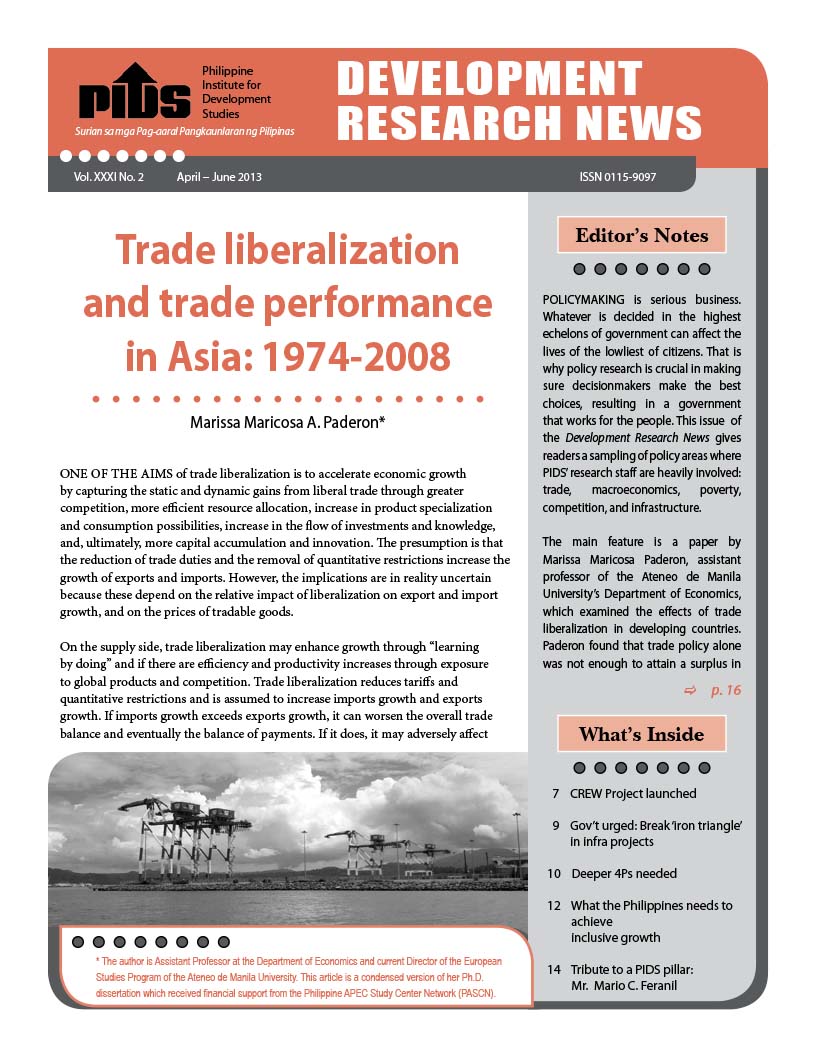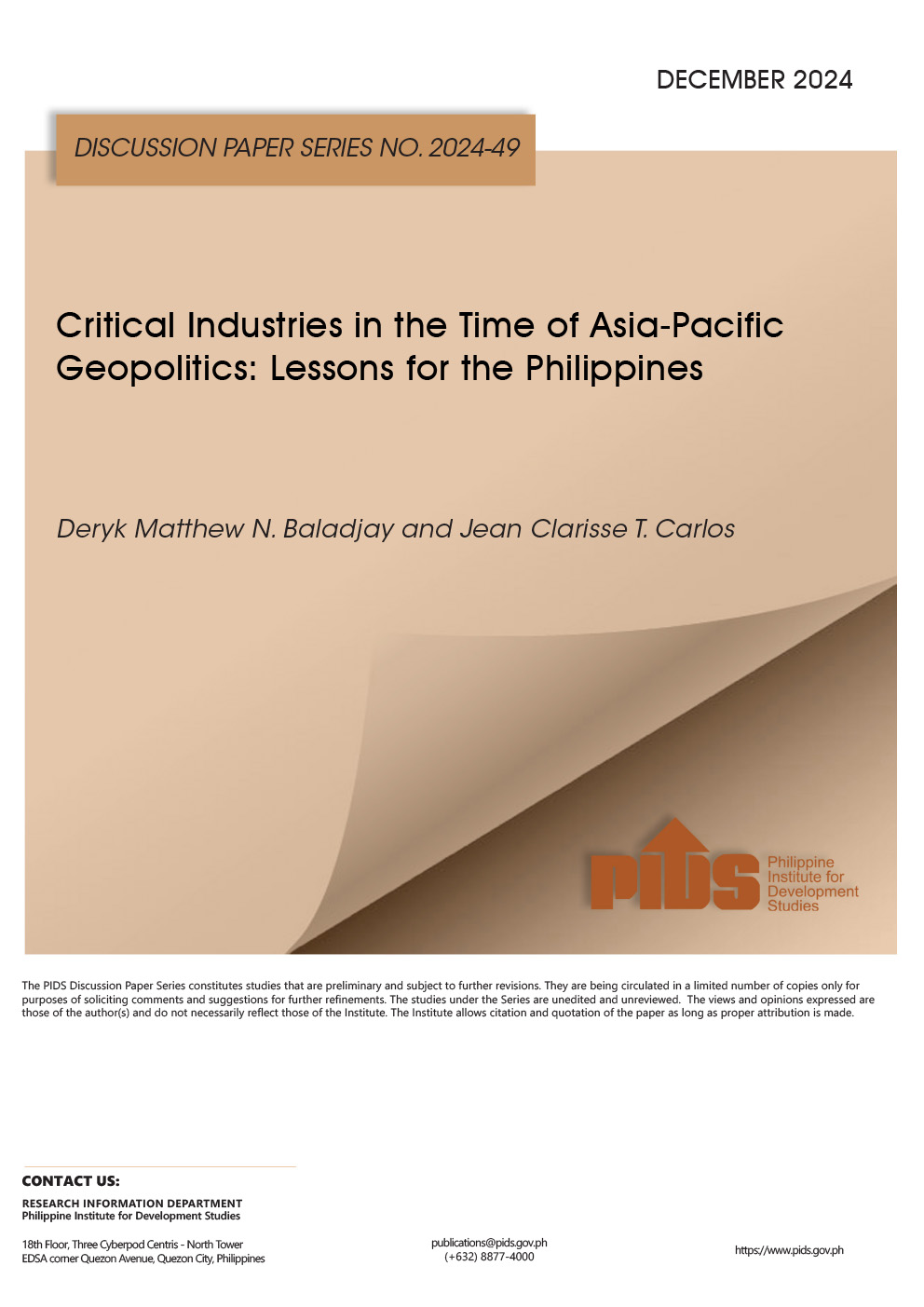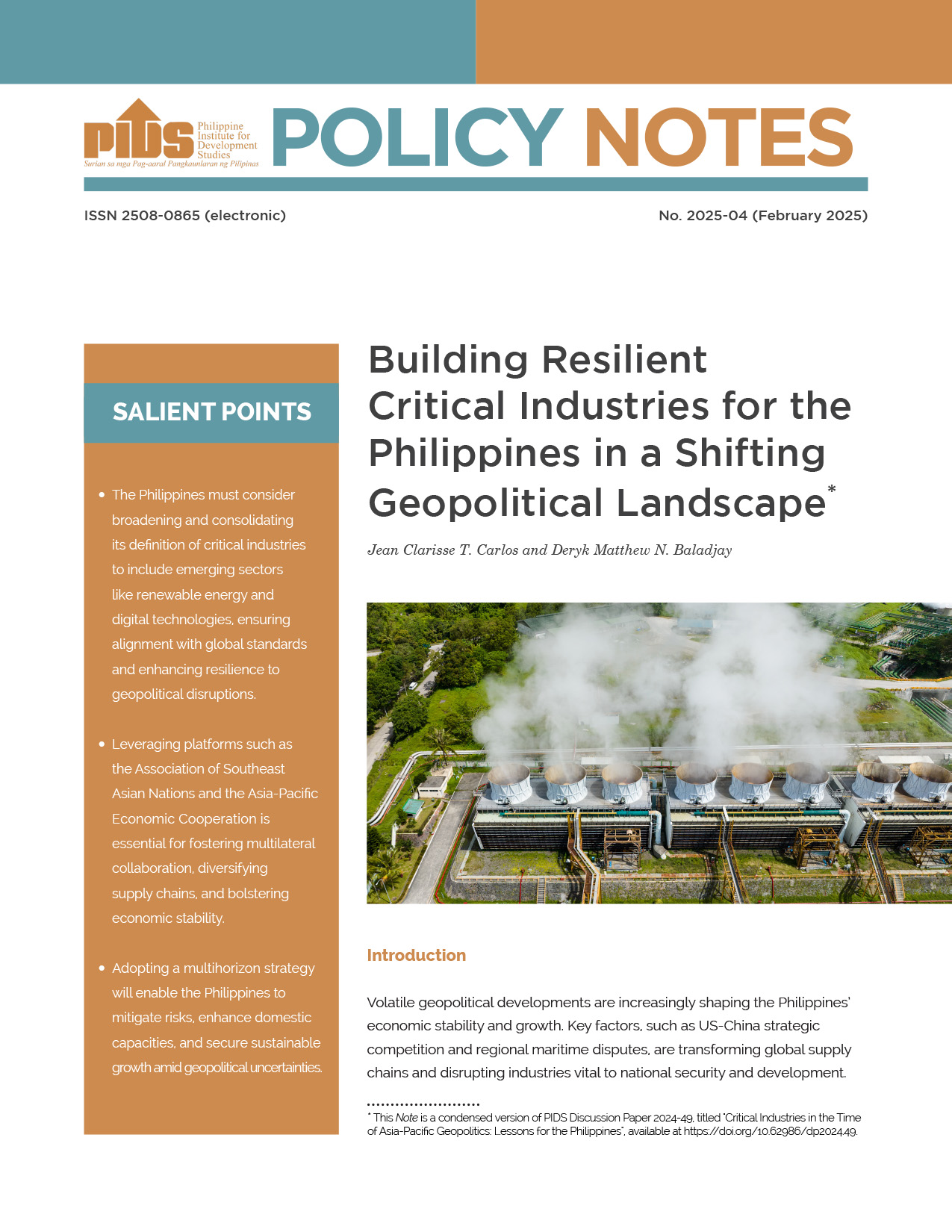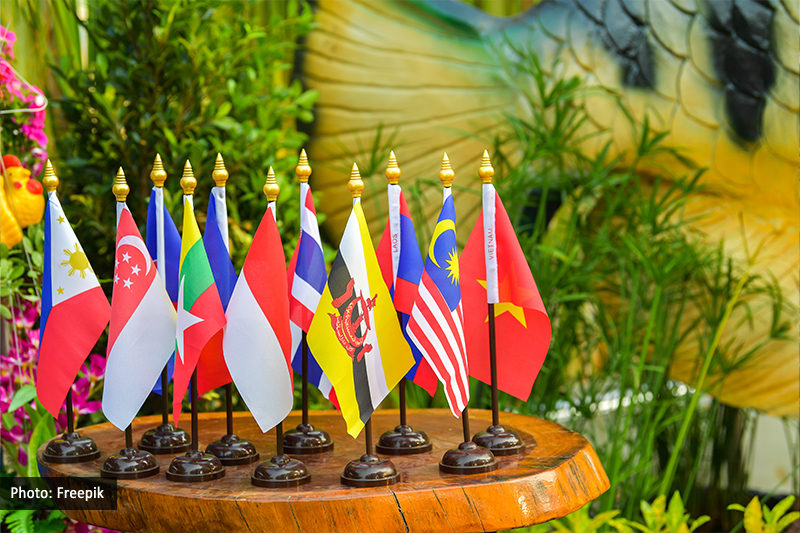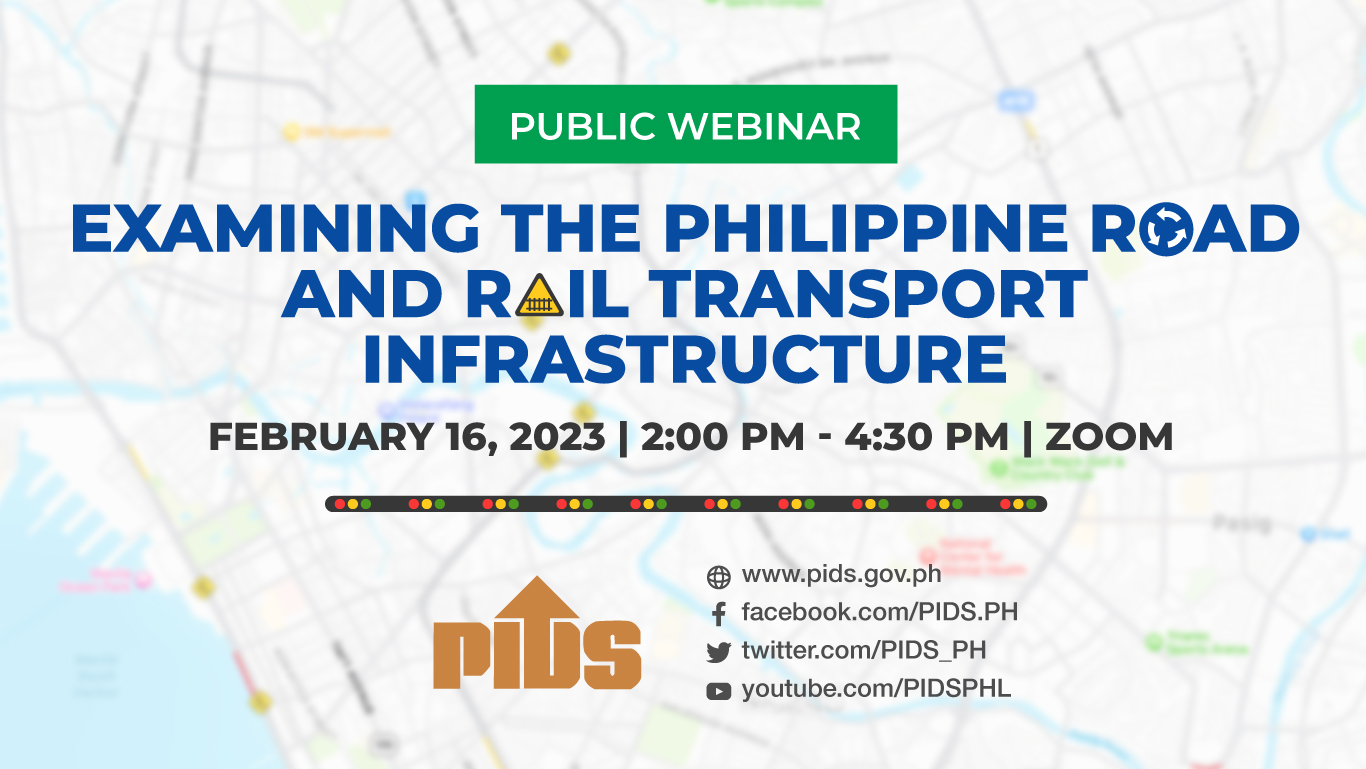The main feature of this issue titled "Trade liberalization and trade performance in Asia: 1974-2008" examined the effects of trade liberalization in developing countries. This article noted that attaining surplus in the balance of trade cannot be achieved through trade policy alone. Supply-side factors, external shocks and crises, and political factor play a huge role in attaining surplus of balance of trade. Also, except for China and the newly industrialized economies (NIEs), most of the Asian countries experienced slower if not negative growth, and their trade deficit worsened. An example is Nepal, which had a negative trade balance after 1995.
Meanwhile, another feature titled "Break 'iron triangle' in infra projects, gov`t urged" underscored that public-private partnership (PPP) has a great potential in promoting innovation, raising funds, and managing risks. The proper execution of PPP projects is thus important to guarantee that the public will be the ones to benefit and not economic and political interests.

